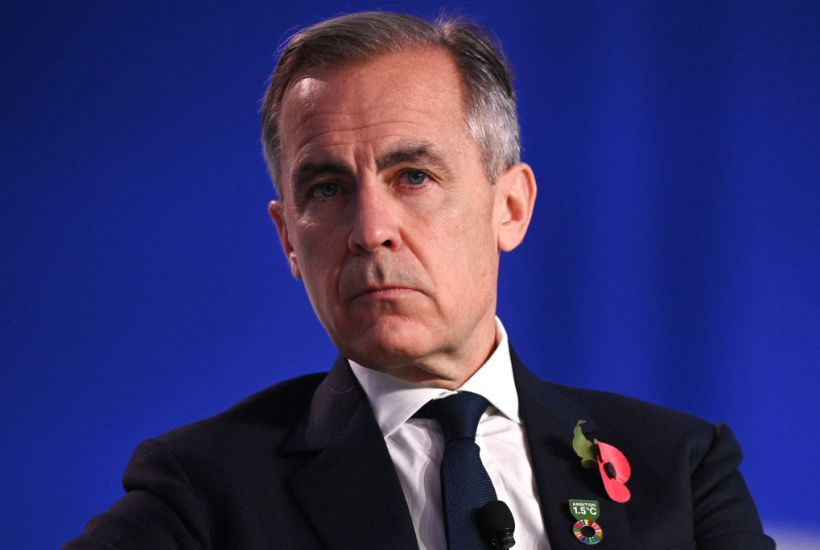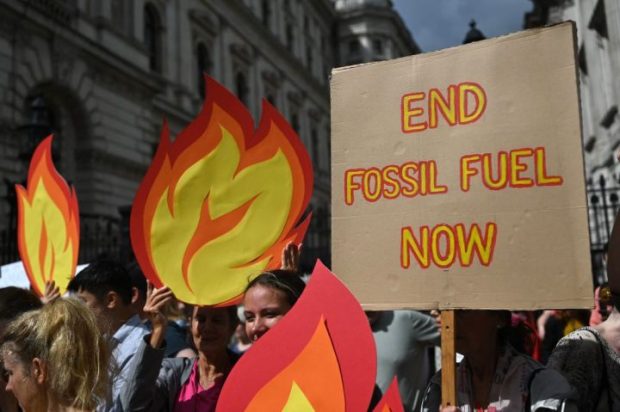We can be grateful for small mercies. 4 November 2022 will go down as the day when a presenter on the Today programme finally challenged a dodgy statistic trying to blame economic collapse on Brexit. The statistic in question was put forward by former Bank of England governor Mark Carney in an interview with the Financial Times last month in which he said: ‘Put it this way, in 2016 the British economy was 90 per cent the size of Germany’s. Now it is less than 70 per cent.’
Was Carney’s ultra-loose monetary policy not part of the cause of today’s inflationary environment?
Mishal Husain, to her credit, put this to Carney this morning, pointing out that economists had challenged this figure. In particular, Jonathan Portes of Kings College London (whom Husain felt the need to point out is ‘absolutely not a Brexiteer’ because Brexiteers of course cannot be trusted) had explained what was wrong with the ‘zombie statistic’. According to Portes, Carney had ignored the usual practice of comparing economies on the basis of purchasing power parity – which compares GDP is terms of the local purchasing power of a currency. Instead he simply compared the relative sizes of the UK and German economies at a time when the pound was high and the Euro relatively low (January 2016) to their relative sizes at a time the pound was very low (September 2022).
As Portes explained, the pound has strengthened against the dollar in recent weeks to the tune of 10 per cent – but that doesn’t mean the UK economy has suddenly grown by 10 per cent more than the US economy in just a few weeks. Carney didn’t really have an answer to this other than to say he thought the pound had been weak over the past few years as a result of Brexit. He also tried to blame high inflation on Brexit when Eurozone inflation is actually a little higher than that in Britain (10.7 per cent against 10.1 per cent).
But it seems one awkward question to Mark Carney is all we are allowed in a single Today interview. Husain went on to talk about the Bank of England’s decision to jack up interest rates by 0.75 per cent on Thursday. It is clear that the Bank of England’s monetary policy committee has failed miserably to keep inflation at or around the two per cent target set by the government. Indeed, as recently as May 2021 the Bank’s forecast still saw the Consumer Prices Index peaking at no higher than two per cent in 2022.
But what of Carney’s role in all this? He was, after all, governor of the Bank of England for nearly seven years between 2013 and 2020, a period during which the Bank’s base rate was kept below 1 per cent in spite of a growing economy. Prior to 2008, the base rate had never fallen below 2 per cent in good times or bad. Was Carney’s ultra-loose monetary policy not part of the cause of the inflationary environment in which we now find ourselves? Alas, Husain missed an open goal, and we will have to wait for an answer from Carney for another day.
The post Brexit isn’t to blame for the economic collapse appeared first on The Spectator.
Got something to add? Join the discussion and comment below.
Get 10 issues for just $10
Subscribe to The Spectator Australia today for the next 10 magazine issues, plus full online access, for just $10.





















Comments
Don't miss out
Join the conversation with other Spectator Australia readers. Subscribe to leave a comment.
SUBSCRIBEAlready a subscriber? Log in